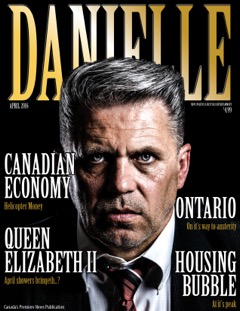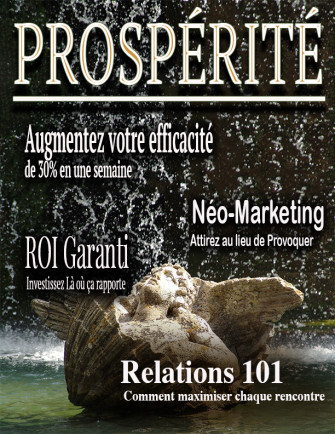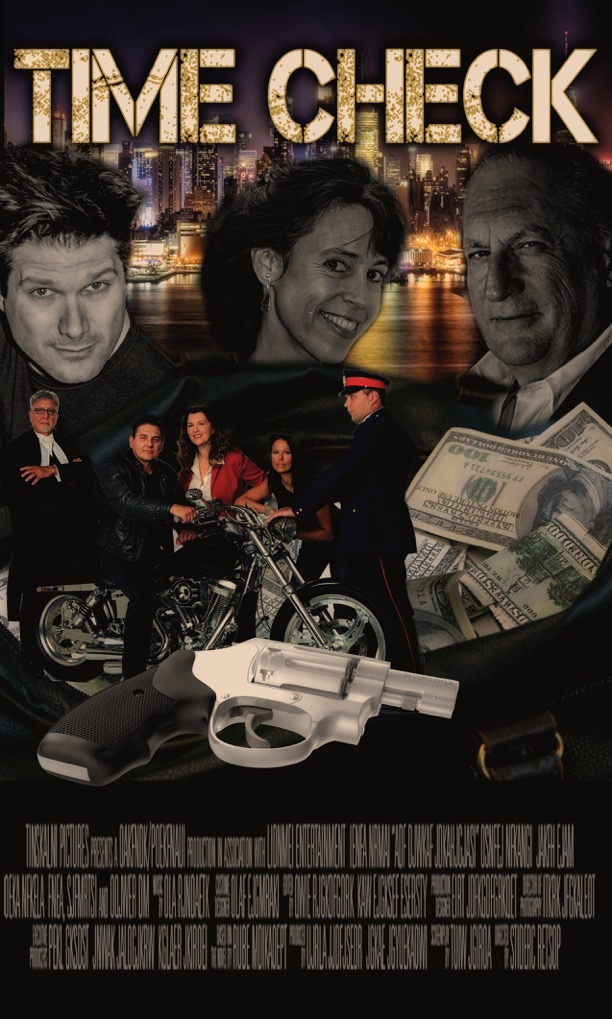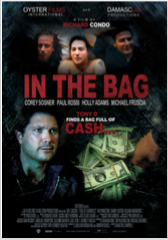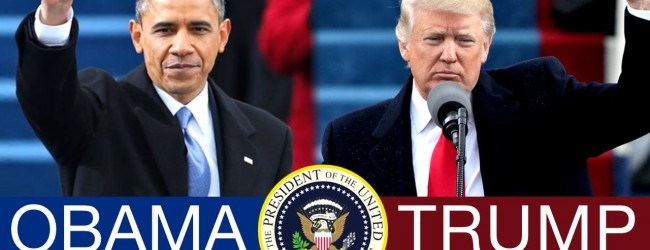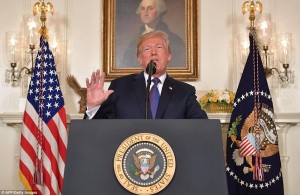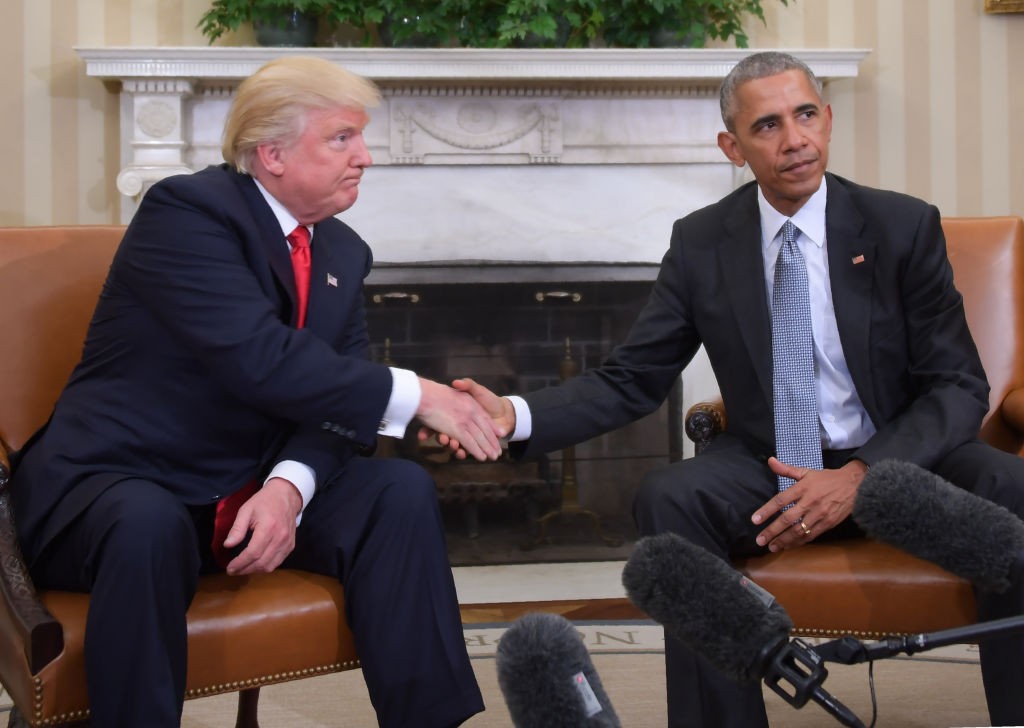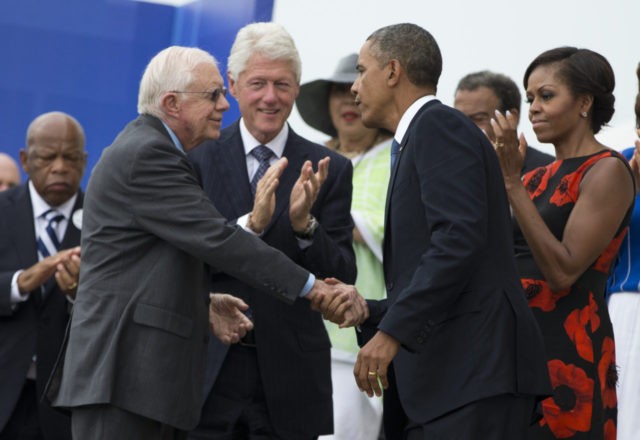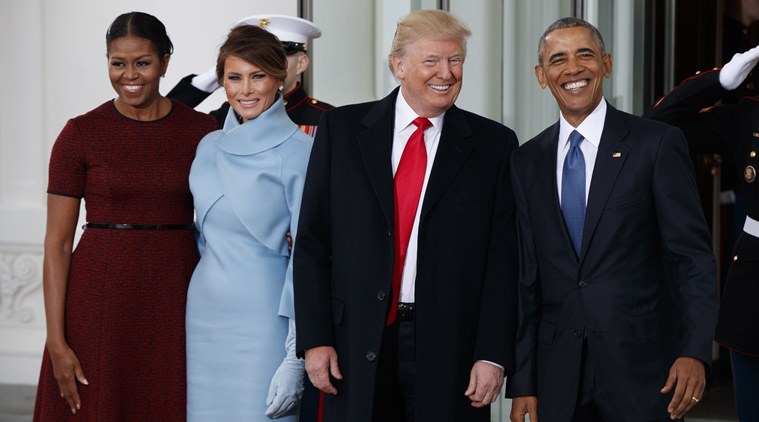Sunday afternoon, President Trump tweeted an extraordinary threat—extraordinary even by the standards of Donald Trump’s norm-busting use of Twitter and abusive conduct toward the Justice Department and federal investigations: “I hereby demand, and will do so officially tomorrow, that the Department of Justice look into whether or not the FBI/DOJ infiltrated or surveilled the Trump Campaign for Political Purposes—and if any such demands or requests were made by people within the Obama Administration!”
I normally try to ignore presidential tweets. This one, however, those concerned about the integrity of law enforcement can’t ignore. It requires attention, because it could genuinely produce a crisis between the White House, on the one hand, and the Justice Department and the FBI, on the other.
I don’t want to overstate the matter. It’s possible that it won’t produce this crisis, both because Trump might (as he has done numerous times before) wimp out, and also because—as I’ll explain—he might issue the order in a fashion vague enough to be susceptible to relatively benign interpretation by the Justice Department and the FBI.
That said, the tweet on its own terms is alarming. It’s a statement of intent to issue a specific investigative demand of the Justice Department for entirely self-interested and overtly political reasons. And Trump published it in the absence of a shred of evidence that might support the demanded action. If we take his tweet at face value, the president is announcing that he will on Monday “officially” “demand” the Justice Department launch a specific investigation of activity that would be criminal were it true—about whether the DOJ and FBI spied on the Trump campaign for an improper purpose and whether the Obama administration demanded such action of them.
This is a nakedly corrupt attempt on the part of the president to discredit and derail an investigation of himself at the expense of a human intelligence source to whose protection the FBI and DOJ are committed. My colleague at Lawfare, Quinta Jurecic, and I fleshed out the history of this saga and warned, “Don’t underestimate this episode. It will have a long tail and big consequences—all of them terrible.”
Those consequences, if you believe the president, may start as soon as today, when the White House “officially” issues his “demand.”
Consider a few facts: President Trump has the constitutional authority to make this demand. The idea that the president doesn’t interfere in law-enforcement investigative matters is one of our deep normative expectations of the modern presidency. But it is not a matter of law. Legally, if the president of the United States wants to direct the specific conduct of investigations, that is his constitutional prerogative. If Trump wants to corruptly direct the conduct of an investigation in order to out an FBI source who was helping our government investigate Russian interference in our electoral processes, well, Article II of the Constitution begins with these terrifying words: “The executive Power shall be vested in a President of the United States of America.”
To paraphrase Justice Scalia, the term “the Executive Power” does not mean some of that power or most of it; it means all of it. That includes the power to tell the Justice Department what to investigate. And while the misuse of that power for corrupt purposes is a gross abuse of power that would warrant the president’s impeachment and removal from office, I have no doubt that he has the raw power to do it—if only because he has the power to fire people who refuse to obey his directives.
The only real restraint on the president—other than his own conscience and political pressures—in dipping down into the FBI and Justice Department and directing investigations for his own personal purposes is the willingness of senior law-enforcement officials to carry out improper orders. This is what led to the Saturday Night Massacre during Watergate. Nobody doubted that Richard Nixon had the authority to order the firing of Archibald Cox. The question was who would actually do it. And both the attorney general and deputy attorney general declined.
I believe that President Trump is going to run into a problem if he really means to order up a politically motivated investigation designed to discredit the Mueller investigation at the expense of a U.S. intelligence source. If we assume, for a moment, that an official order will say what Trump’s tweet promises, I don’t believe Attorney General Jeff Sessions (who is recused, in any event) would carry it out. I also do not believe that Deputy Attorney General Rod Rosenstein would do so. And I’m quite certain that FBI Director Chris Wray would never be able to look an FBI agent in the face again if he allowed an investigation to be opened improperly (the FBI does not open investigations without a genuine reason to believe a crime may have been committed)—particularly not an investigation following political pressure to out an FBI informant who provided information in the context of a counterintelligence investigation that was properly predicated.
In other words, if the president really gives Rosenstein or Wray an order demanding that they open a particular investigation, I believe both men will resign rather than comply. The question then becomes how many people will follow them out the door if they do so.
In any other presidency, we could assume that a tweet that announced the White House was going to formally order Agency X to take Action Y tomorrow actually meant that an order would materialize the following day requiring that Agency X actually take Action Y. With Trump, we can’t assume that, however—for at least two different reasons.
The first is that Trump has repeatedly threatened crises in the past, got everyone worked up over them, and then backed off. He was going to fire Robert Mueller—and he hasn’t fired Robert Mueller. He was going to fire Rod Rosenstein—and he didn’t fire Rod Rosenstein. He was going to fire Jeff Sessions—and he didn’t fire Jeff Sessions. He has repeatedly intimated his willingness, even eagerness, to take steps that would provoke a major crisis for the rule of law. But since firing then-FBI Director James Comey, he’s always stopped just short of actually doing it.
The second reason is that unless the directive very specifically requires the department to take a step that officials cannot in good conscience take, the Justice Department will likely attempt to finesse the matter by interpreting the directive in a manner that will minimize its impact. For example, if the president were to order the department to “look into” something, to use the words of his tweet, the department could interpret that as requiring something less than opening a criminal investigation. It could, say, respond by inquiring of the FBI whether it has any evidence of the FBI infiltrating or spying on the Trump campaign for political purposes and report back to the White House that no such evidence exists. It could, in other words, interpret the order as a demand to examine whether evidence exists that would actually justify opening an investigation. Finding that it does not, it could later—maybe after the president had moved onto to other subjects—take no action.
A White House staff uneager to provoke the confrontation might, in fact, formulate the president’s directive intentionally in a fashion that lends itself to such a response. The most direct way to do this would be to frame the directive as a inquiry as to whether evidence exists that justifies opening an investigation. A more confrontational approach would be to order the department to conduct a review and make a determination. The point is that unless the White House specifically frames the order in a fashion that precludes an informational response that the factual predicate for an investigation does not exist, the department could interpret the order in a fashion that defers a confrontation.
The department, in an apparent effort to head off a confrontation, preemptively yesterday evening kicked the question to the department’s inspector general. “If anyone did infiltrate or surveil participants in a presidential campaign for inappropriate purposes, we need to know about it and take appropriate action,” Rosenstein said in a statement. This action may allow the department to respond to the president’s “demand” by noting that the matter is, in fact, already under review—albeit not the sort of review Trump probably has in mind. It’s unclear whether this will satisfy Trump, and it is itself an unpleasant concession. But it’s a concession that stops short of doing violence to the principle that the government doesn’t open criminal investigations without a proper factual predicate and doesn’t use criminal investigations for political purposes.
Still another possibility is that the order may take the form of a directive to turn over material about the FBI’s informant to House Intelligence Committee Chairman Devin Nunes, who precipitated the current crisis by attempting to force the department and the FBI to reveal documents about the source. This would be something of a departure from what Trump said in yesterday’s tweet, but it would be fully consistent with his tweet Saturday on the subject: “If the FBI or DOJ was infiltrating a campaign for the benefit of another campaign, that is a really big deal. Only the release or review of documents that the House Intelligence Committee (also, Senate Judiciary) is asking for can give the conclusive answers. Drain the Swamp!” This course too could provoke resignations.
In other words, a huge amount rides on the specific manner in which the White House translates the president’s “demand” into an “official” directive today—assuming it does so at all. The spectrum of realistic possibility ranges from a full-blown crisis to another nothingburger presidential tweet.







